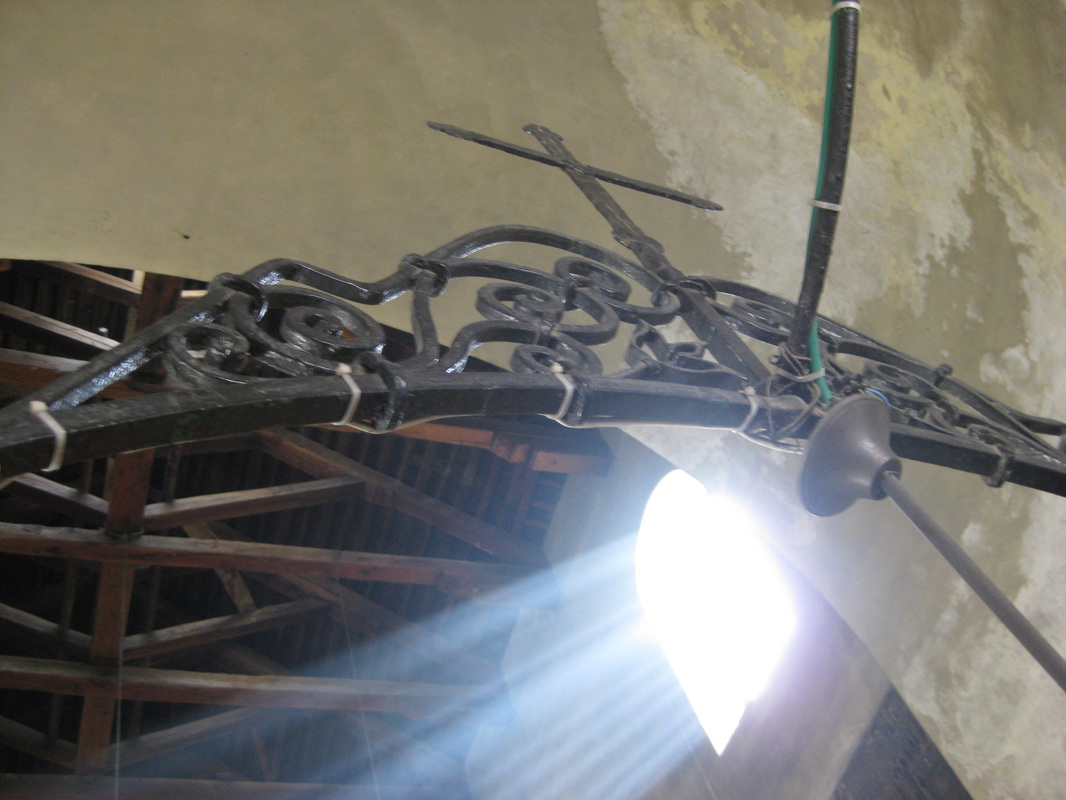A Better Use for Cable Ties
He and the organization he works with, DCI-Palestine, http://www.dci-palestine.org/ completed a four year long study of the way Palestinian children are treated when they are detained by the Israeli military. [Background info: Since 1967, Palestinians in the West Bank have been prosecuted in Israeli military courts.]
Although the report is 142 pages to hold the data collected from collecting the testimonies of 311 children, Gerard distilled the information down the most important point, which is that the evidence shows a pattern of inhuman treatment of minors as defined in the UN Convention against Torture.
The number one detail that strikes me when reading the report is the brutal use of cable ties to hold the children's wrists together behind their backs. It was the number one complaint of detained children, present in 95% of cases.
One child said "Soldiers tied my hands behind my back with one plastic cord and tightened it so hard that I still feel pain in my right thumb which sometimes goes numb."
A better use for cable ties might be to hold cables in place, as illustrated in this picture I took in the Church of the Nativity in Bethlehem:
- Child is blindfolded (90% of cases)
- Physical violence (75% of cases)
- Arrested between midnight and 5 am (60% of cases)
Often the children are woken up from sleep by soldiers in their rooms pointing guns at them.
Gerard gave us a copy of the report. There's a lot of information in there, but the positive part that would improve the situation are four major recommendations DCI lawyers make that would "provide a series of simple and practical protective measures."
- An end to night time arrests.
- Children have access to a lawyer prior to questioning.
- All interogations be audio-visually recorded.
- Every child to be accompanied by a parent.
After the lecture and a short video, a man stood to ask the first question. He spoke in Arabic for about ten minutes. I was so bewildered that I almost left. I can't imagine a moderator at a U.S. lecture letting a question become a speech. Finally someone handed me a headset so I could hear the translation into English, which was happening simultaneously. It turns out that he'd been detained in the same prisons shown in the presentation and he was telling his story.
Others, both English and Arabic speaking, spoke with similar passion. "Why isn't the International community doing anything about the occupation? Why isn't United States doing anything?"

